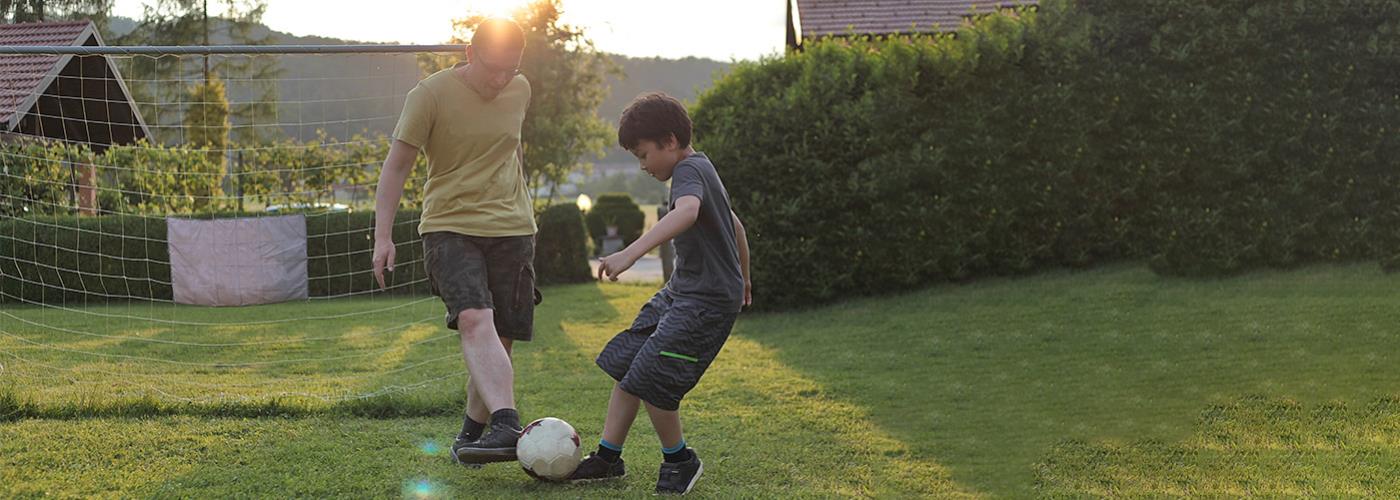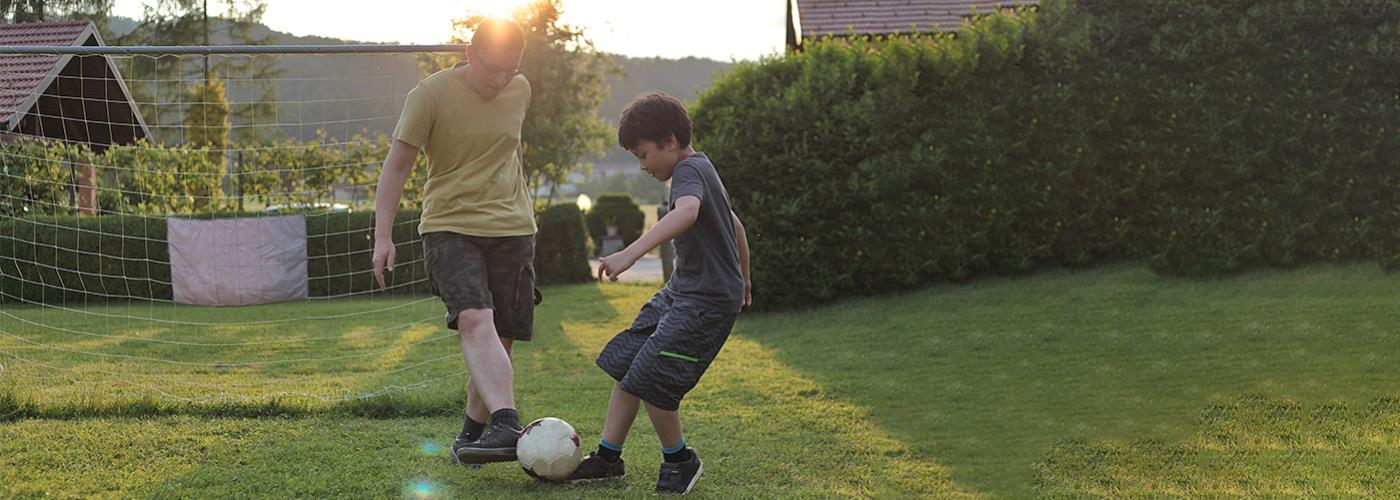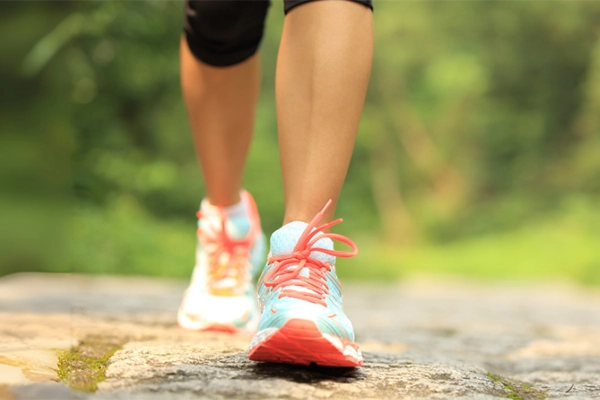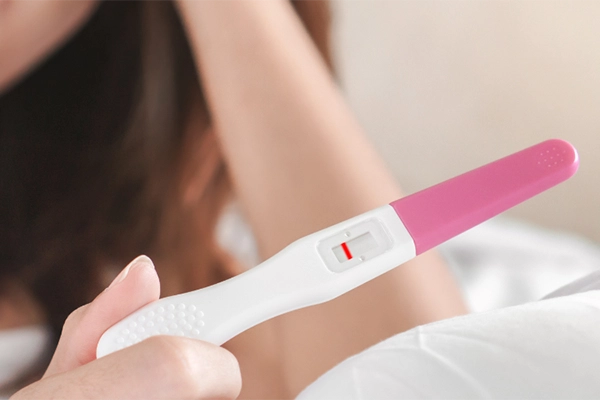Topics
What is athlete’s foot?
Athlete's foot, also known as tinea pedis, is a common fungal infection of the skin on the foot. Infection is typically acquired by direct contact with the causative organism, such as when walking barefoot in locker rooms or pool facilities.
What are the types of athlete’s foot?
- Interdigital tinea pedis: Interdigital tinea pedis is characterised by pruritic erosions or scales between the toes, particularly in the third and fourth toes. There may also be painful fissures between the toes.
- Moccasin-typetinea pedis: There is scaling and thickening of the soles which may extend to the sides of your feet in a moccasin distribution.
- Vesiculobullous (inflammatory) tinea pedis: Although it can appear anywhere on your foot, it typically affects the soles of your feet with bumpy or fluid-filled blisters (vesicles).
- Ulcerative infection: Acute ulcerative infections are the most uncommon form of athlete's foot. Here, open sores (ulcers) develop between your toes or the bottom of your feet.
What are the symptoms of athlete’s foot?
- Itchy white patches between your toes
- Red and flaky patches on your feet
- Cracked skin on your feet which may bleed
- Fluid-filled blisters on the soles or sides of your feet
What are the risk factors of athlete’s foot?
- Wet or sweaty feet
- Frequently wearing enclosed footwear
- Walking barefoot in public areas
- Sharing of footwear of someone with athlete’s foot
- Touching the affected skin of someone with athlete’s foot
Is athlete's foot contagious?
Yes, athlete's foot is contagious. It is a fungal infection which can spread from person to person through direct contact with an infected person or by contact with contaminated surfaces such as floors, towels, or shoes.
How is athlete's foot diagnosed?
Your doctor would first question your general health and symptoms before conducting a thorough physical examination. Diagnosis is made based on your reported symptoms, physical examination, and investigations.
A potassium hydroxide (KOH) preparation done on skin scrapings from affected areas is the primary approach for confirming athlete’s foot.
How is athlete's foot managed and treated?
Athlete's foot can be effectively treated with over-the-counter medication and prescription topical and oral antifungal medications.
- Topical antifungal treatment is usually applied once or twice daily for four weeks. Examples of topical antifungal medications include azoles, allylamines, ciclopirox and butenafine.
- Examples of oral antifungal medication include fluconazole, itraconazole and terbinafine.
What will happen if athlete's foot is left untreated?
If an athlete’s foot is left untreated, the infection can spread and worsen, leading to several complications.
- It can spread to other parts of the body, including nails, hands, and groin.
- It may lead to bacterial infections such as cellulitis, as the cracked and irritated skin can be an entry point for bacteria.
- It can also cause significant discomfort and itching, making it difficult to wear or walk with shoes.
How to prevent athlete’s foot?
There are several methods to prevent athlete's foot:
- Avoid being barefoot in public showers, pools, saunas, and communal locker rooms. Wear flip-flops or sandals.
- Use soap to thoroughly wash your feet and the spaces between your toes.
- Dry your feet and the space between your toes thoroughly after swimming or bathing.
- Avoid wearing closed shoes and socks made of materials that do not quickly dry such as nylon.
- The infection should be promptly treated with prescribed medication to avoid spreading to other parts of the body.
Make an appointment at Pantai Hospitals
Get in touch with us to book an appointment with a skin specialist today if you have concerns or questions regarding athlete’s foot. We assure you the best possible care tailored to your specific needs.
Pantai Hospital has been accredited by the Malaysian Society for Quality in Health (MSQH) for its commitment to patient safety and service quality.





-small.webp?sfvrsn=aedd66c1_7)

-small.webp?sfvrsn=1babab94_7)





